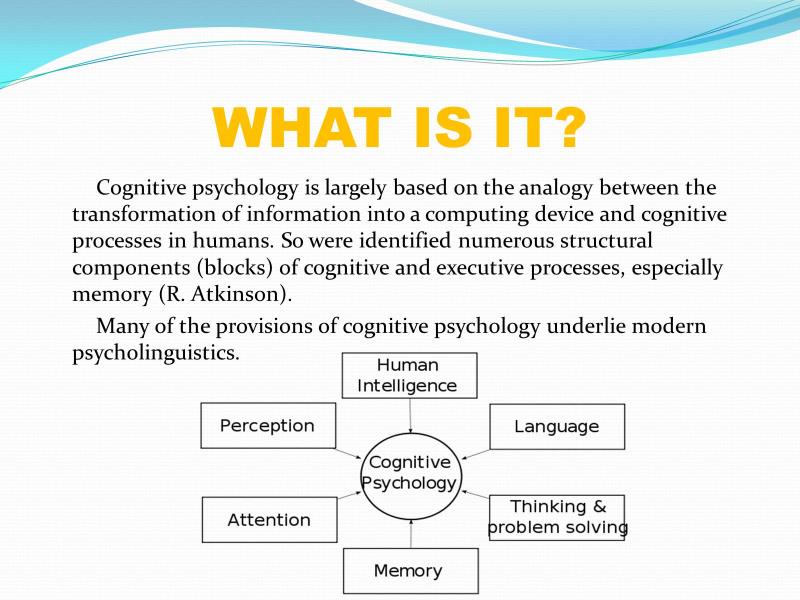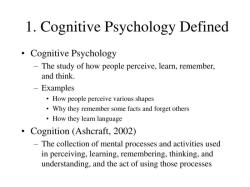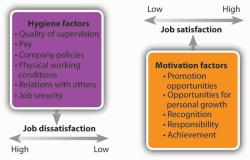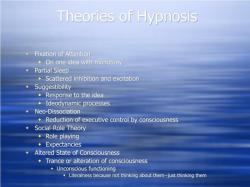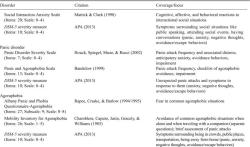What is cognitive psychology?
Cognitive psychology is a branch of psychology that focuses on the study of mental processes, including how people think, perceive, remember, and learn. It explores the complexities of the human mind, aiming to understand how individuals acquire, process, and use information.
Key aspects of cognitive psychology include:
Thinking: Examining how people reason, solve problems, make decisions, and use logic.
Perception: Understanding how individuals interpret and make sense of sensory information from the environment, including vision, hearing, taste, touch, and smell.
Memory: Investigating how information is encoded, stored, and retrieved, and exploring different types of memory such as short-term, long-term, and working memory.
Language: Studying language acquisition, comprehension, production, and the cognitive processes involved in language use.
Attention: Analyzing how attention works, including selective attention, divided attention, and the mechanisms that allow individuals to focus on specific stimuli while ignoring others.
Problem-Solving: Exploring how individuals approach and solve problems, including strategies, decision-making processes, and creative thinking.
Cognitive psychologists use various research methods, including experiments, observations, and computational modeling, to study these mental processes. The findings from cognitive psychology contribute to understanding human behavior, informing fields such as education, artificial intelligence, neuroscience, and therapy.
Overall, cognitive psychology plays a vital role in unraveling the intricacies of the human mind, shedding light on how individuals perceive the world, process information, and interact with their surroundings.
What precisely is cognitive psychology?
Cognitive psychology is a branch of psychology that studies the mental processes involved in acquiring, processing, storing, and using information. It encompasses various aspects of human cognition, including attention, memory, language, perception, problem-solving, decision-making, and consciousness. Cognitive psychologists aim to understand how the mind works by conducting experiments, observing behavior, and developing theoretical models.
How is cognitive psychology defined and delineated within psychology?
Cognitive psychology is situated within the broader field of psychology, which is the scientific study of the mind and human behavior. It distinguishes itself from other psychological subfields by focusing specifically on the internal mental processes that underlie behavior. Cognitive psychology is often contrasted with behavioral psychology, which emphasizes observable behaviors rather than internal mental states.
What are the core principles or theories of cognitive psychology?
Cognitive psychology is founded on several core principles and theories that provide a framework for understanding human cognition. These include:
Information processing: Cognitive processes are viewed as a series of steps involved in acquiring, encoding, storing, retrieving, and transforming information.
Mental representations: The mind utilizes symbolic representations, such as images, concepts, and propositions, to encode and store information.
Cognitive architecture: The mind is organized into distinct cognitive modules or systems, each responsible for specific cognitive functions.
Computationalism: Mental processes can be analyzed and modeled using computational principles, similar to how computers process information.
Neurocognition: Cognitive processes are closely tied to brain activity and neural networks, and cognitive psychology draws upon findings from neuroscience to understand the biological underpinnings of cognition.
These core principles and theories provide a foundation for research in cognitive psychology, guiding the study of various mental processes and their contributions to human behavior.
